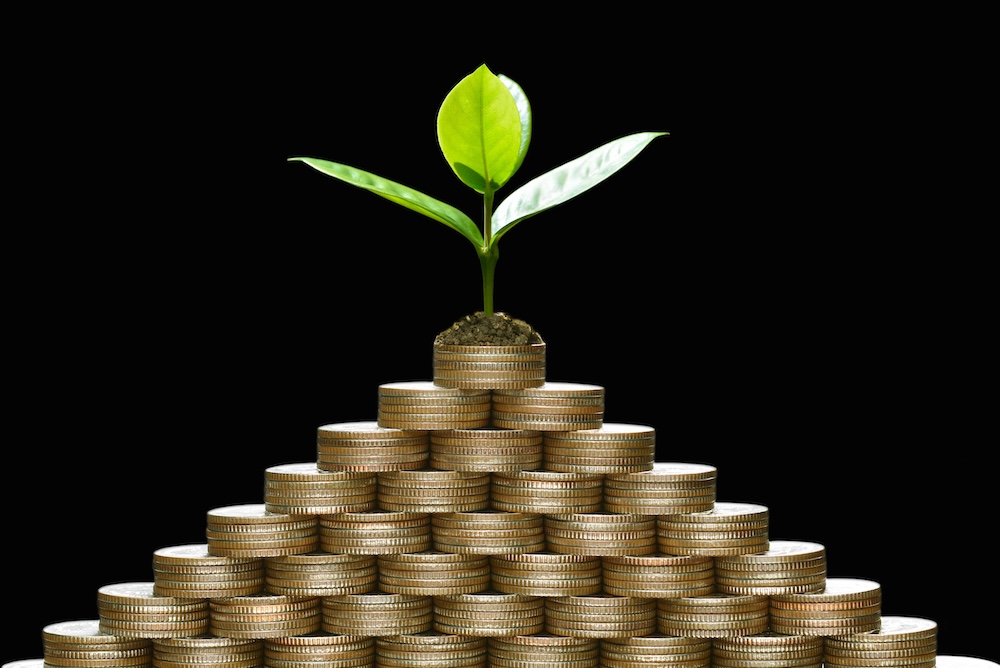When most people think of sustainability, the environment comes to mind: cutting emissions, saving forests, reducing waste. But sustainability also has an economic dimension — one that determines whether societies can thrive without exhausting resources or creating inequality. This is where economic sustainability comes in.
Economic sustainability is not just about growth. It’s about designing systems where prosperity is resilient, fair, and regenerative. In this guide, we’ll explore what it means, why it matters, and how it can be put into practice.
What Is Economic Sustainability?
At its core, economic sustainability means creating financial systems that support human well-being without depleting the environment or worsening inequality. It’s about balancing:
- Profitability: Businesses and economies must remain viable.
- Fairness: Prosperity should be shared equitably across communities.
- Regeneration: Economic activity should not destroy the natural systems it depends on.
Think of it as growth that works in harmony with the other two pillars of sustainability: social and environmental.
Why Economic Sustainability Matters
- Resilience Against Shocks
Systems built on unsustainable debt, overconsumption, or resource depletion collapse under pressure. Economic sustainability builds resilience against crises like pandemics, climate disasters, or market volatility. - Intergenerational Justice
Unsustainable economics — burning fossil fuels, exploiting cheap labor, or overharvesting — leaves future generations with fewer choices. A sustainable economy protects their right to thrive. - Investor and Consumer Expectations
More investors demand ESG accountability, and more consumers want responsible products. Companies that ignore sustainability risk losing trust and value.
Examples of Economic Sustainability in Practice
- Circular Business Models
Companies like Fairphone design modular phones that consumers can repair, extending product life and reducing waste. This reduces costs for users while maintaining profitability. - Renewable Energy Economies
Denmark and Costa Rica show how investing in renewables creates jobs, lowers emissions, and stabilizes energy prices. - Local Food Systems
Farmers’ markets and community-supported agriculture (CSA) programs keep money circulating locally, strengthen food security, and reduce carbon footprints. - B Corporations
Companies certified as B Corps commit to balancing profit with social and environmental goals, showing how accountability can be built into business models.
Challenges to Economic Sustainability
- Short-Term Profit Pressure: Many businesses prioritize quarterly earnings over long-term resilience.
- Overconsumption: Growth often depends on producing more, even when it leads to waste.
- Inequality: Wealth concentrated in a few hands undermines social and economic stability.
- Resource Scarcity: Economies still rely heavily on finite resources like fossil fuels, rare minerals, and freshwater.
How to Support Economic Sustainability
- For Businesses:
- Adopt circular practices (repair, reuse, recycle).
- Invest in clean energy and resource efficiency.
- Measure success beyond quarterly profit.
- For Governments:
- Incentivize renewable energy and sustainable agriculture.
- Implement fair taxation and wage standards.
- Invest in green infrastructure that creates jobs.
- For Individuals:
- Support companies with transparent sustainability commitments.
- Choose products designed for longevity, not disposability.
- Participate in local sharing economies (tool libraries, car-sharing, clothing swaps).
Final Thoughts
Economic sustainability is about more than growth — it’s about designing prosperity that lasts. By rethinking how we define success, shifting toward circular models, and ensuring fairness in how wealth and resources are distributed, we can build systems that endure.
Small choices — from the companies we support to the policies we vote for — ripple outward, shaping economies that are resilient, equitable, and regenerative. Economic sustainability is not just theory. It is a blueprint for a future where people, planet, and prosperity thrive together.








